I love a fancy face cream - but is expensive moisturiser better, or a waste of money?
I've asked two experts whether we should save or spend on this skincare essential

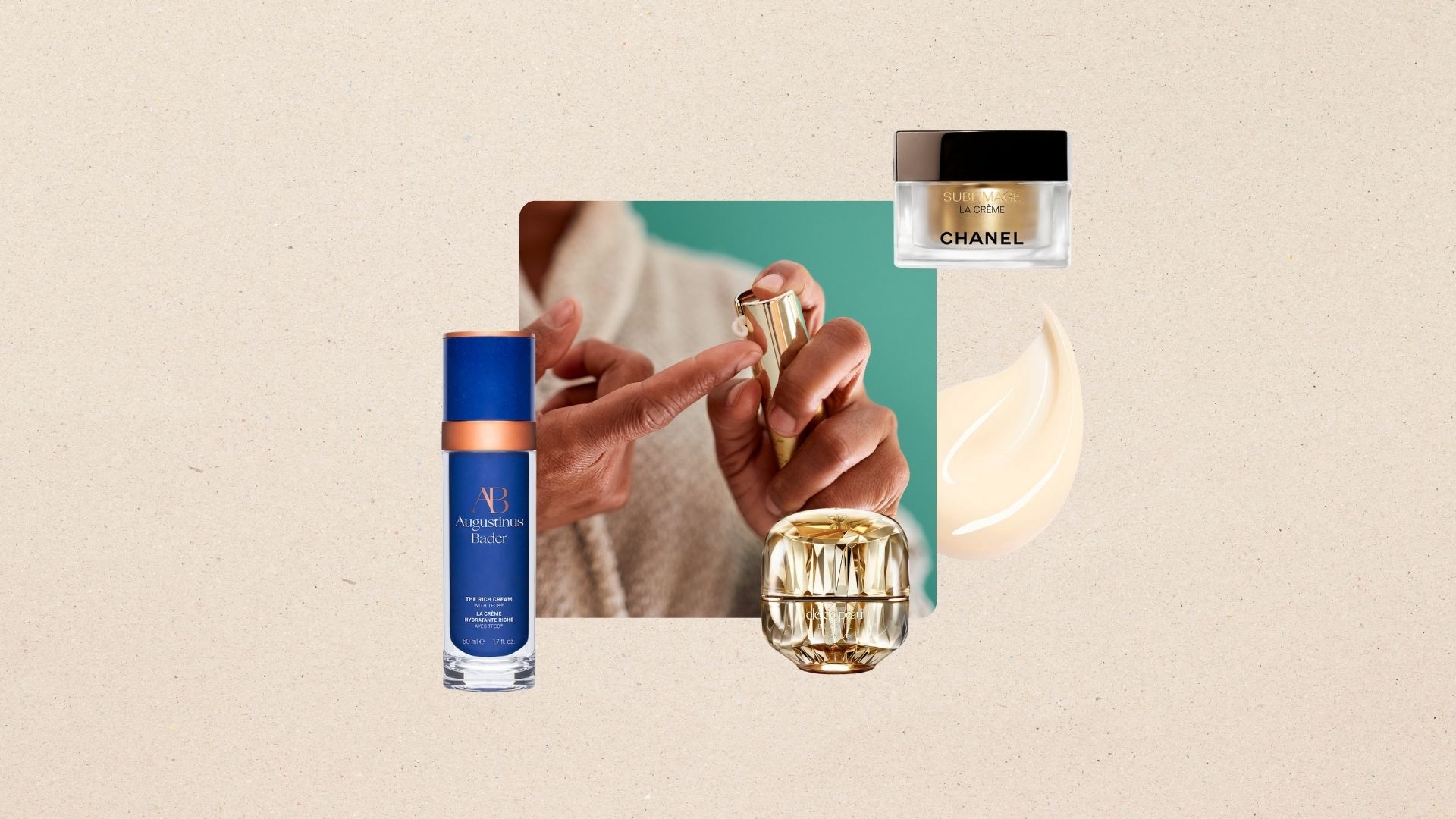
They say that shoes and mattresses are worth spending money on, because if you’re not in one, you’re in the other. With skincare, it’s not quite so straightforward.
We apply skincare morning and night, so there’s rarely a moment when our complexion isn’t being cared for. Even a fairly basic routine will include a cleanser, your best face moisturiser, an SPF for the morning, and a cleanser and moisturiser for the evening.
If you’re upping the ante with add-ons like exfoliants, serums and eye creams, a routine can get pretty pricey pretty quickly. So, where should you be spending the money, and where can you save?
A beauty editor investigates if expensive moisturiser is truly better
I love a fancy moisturiser, especially my best night cream. It makes what can be quite a mundane part of your routine feel like a luxurious experience.
Charlotte Tilbury’s Magic Cream and Wildsmith Skin’s Active Repair Copper Peptide Cream are my two current favourites, and I’ve always had a soft spot for Bioeffect EGF Power Cream. They come in at £79, £125 and £165 each, which, let’s be honest, is eye-watering.
In an attempt to curb my fancy moisturiser habit (or to justify it), I asked two experts, are expensive moisturisers worth it? Will I be opting for a cost-saving swap? Let’s see…
Are expensive moisturisers worth it?
Let’s think about the role that moisturiser plays in a routine. It’s there to enhance your skin barrier, adding an extra layer between you and the outside world, and to seal in moisture. It’s simple, really, and it’s possible to do both well without spending a huge amount of money.
“There are plenty of great moisturiser options, whatever your budget,” says skin expert and founder of Skin Rocks, Caroline Hirons. “Products at a higher price point often have a more complex, high-performing formulation, so choose one that works for your skin’s needs.”
Sign up to our free daily email for the latest royal and entertainment news, interesting opinion, expert advice on styling and beauty trends, and no-nonsense guides to the health and wellness questions you want answered.
Hirons is right, some expensive moisturisers perform better than cheaper ones, but that isn’t always the case. A lot of the time, you’re paying a premium for marketing and packaging, which don’t impact what’s inside the tub.
“Good formulation, not price, determines effectiveness,” says aesthetics expert and ambassador for Superdrug, Dr Nora Jafaar. Ultimately, expensive moisturisers are only worth it if you can afford them.
Should I spend more on a moisturiser or serum?
A serum is the part of your routine where you can make the biggest difference to your skin, as they contain the highest concentration of active ingredients to tackle bugbears like hyperpigmentation, fine lines and breakouts.
A moisturiser might contain actives like peptides and growth factors, but it’ll contain less than a serum with these ingredients will. If you can only splash out on one, my advice is to spend on a serum and save on a moisturiser. That way, you can be generous with your moisturiser application, especially on your body. “I always reach for budget options when it comes to body moisturisers, as I go through them so quickly,” says Hirons.
If you’re happy to spend more on a premium moisturiser because you love how it makes your skin look and feel, go for it. Just know that you don’t have to spend more than £20 if you don’t want to.
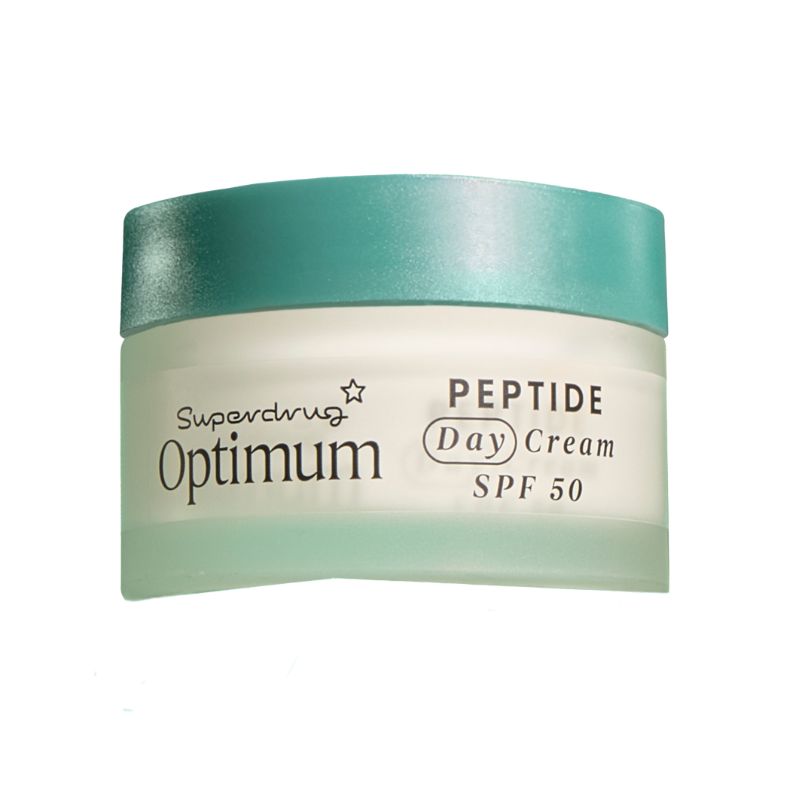
RRP: £18
A smart new launch that delivers way beyond it's price tag, this moisturiser is brimming with peptides to boost collagen production for plumper, firmer skin.
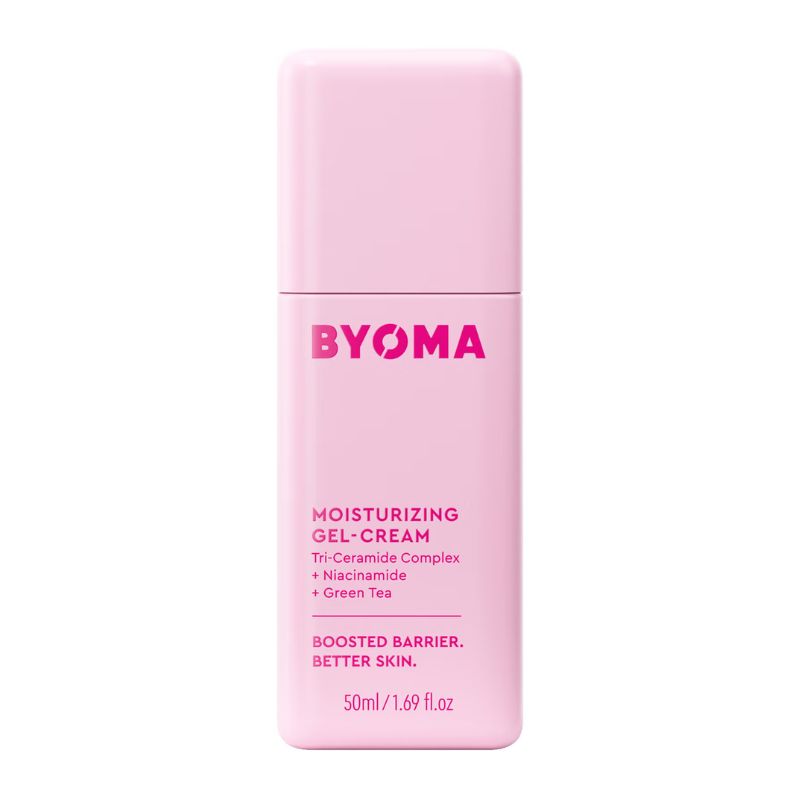
RRP: £12.99
Combining the fresh texture of a gel with all the nourishment of a cream, this is a must-try for anyone with combination skin.
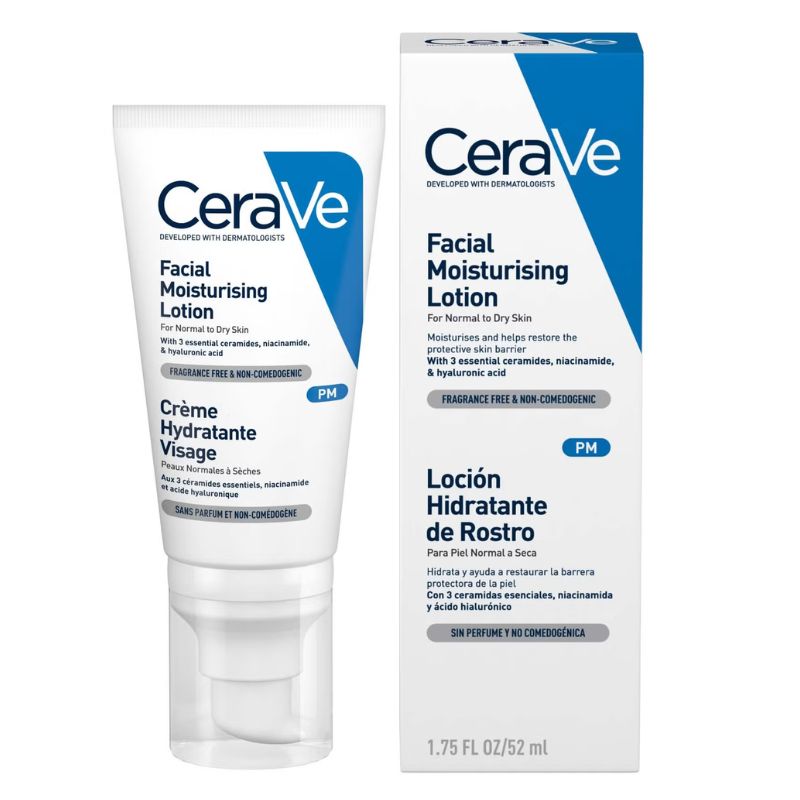
RRP: £16.50
CeraVe is known for their unique blend of ceramides, which help to strengthen the skin barrier, calm irritated complexions, and seal in moisture.
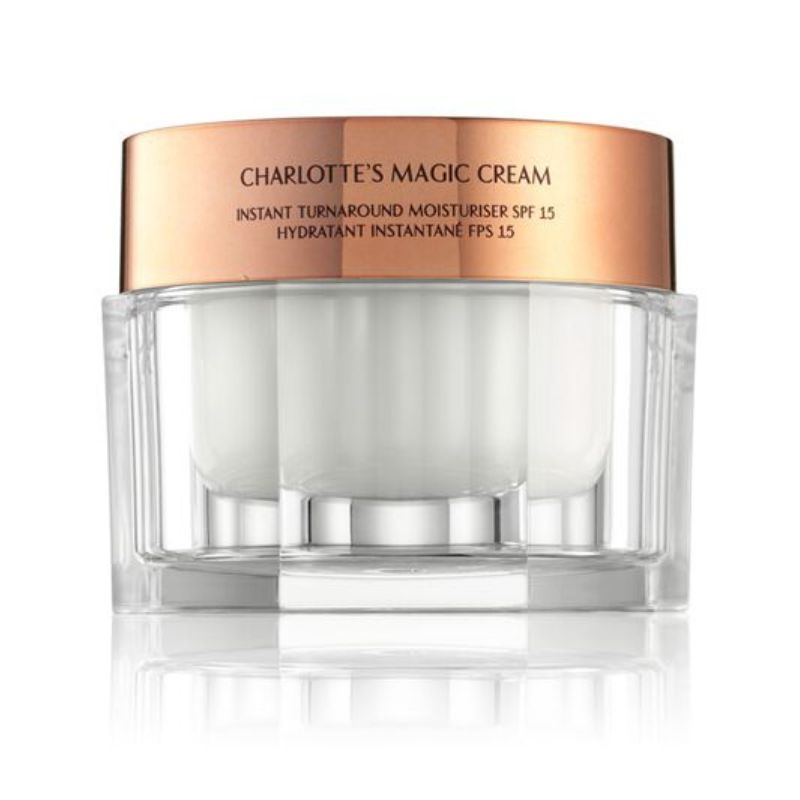
RRP: £79
Believe me when I say that no other moisturiser sits better under makeup than this one. It makes even the driest, dullest skin look radiant and feel like velvet.
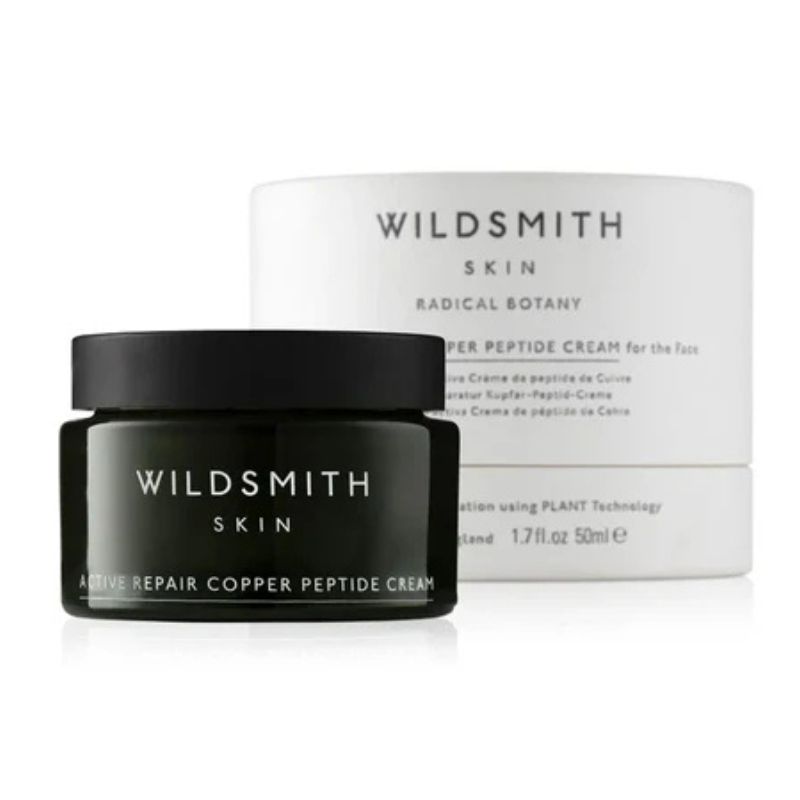
RRP: £125
A super luxurious night cream that tackles fine lines head-on. It smells like a spa while delivering smart peptides into the skin to restore the natural scaffolding we lose with age.
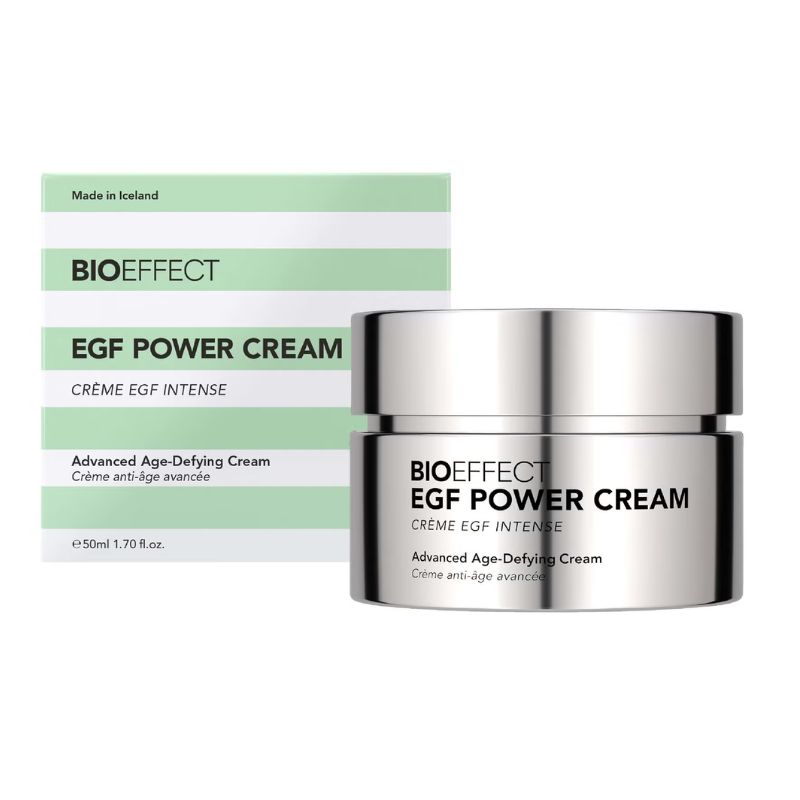
RRP: £165
This is a prime example of when it's worth paying more for a moisturiser. The key ingredient is epidermal growth factors (EGF for short), which help to turn back the clock on lines and wrinkles.
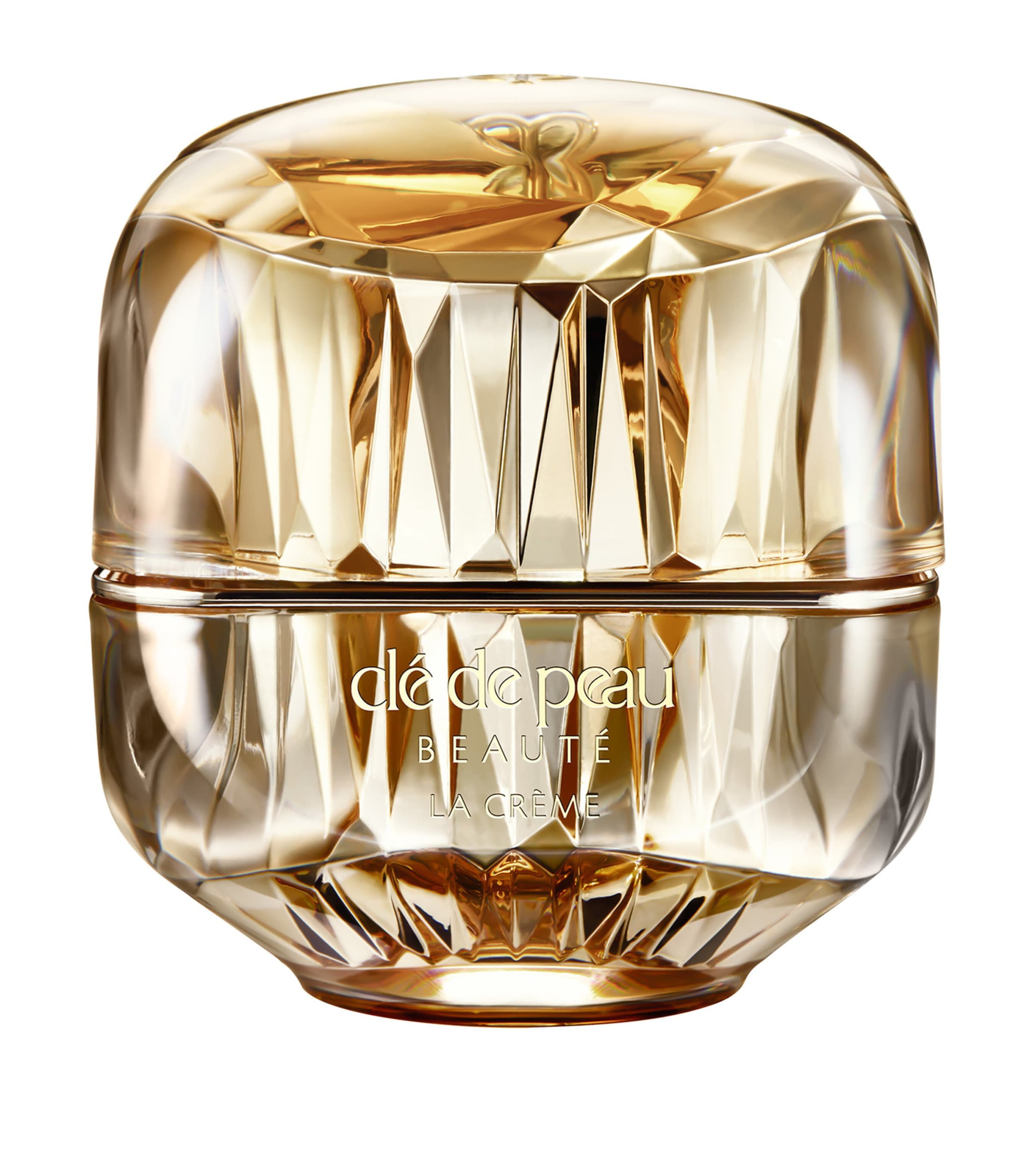
RRP: £790
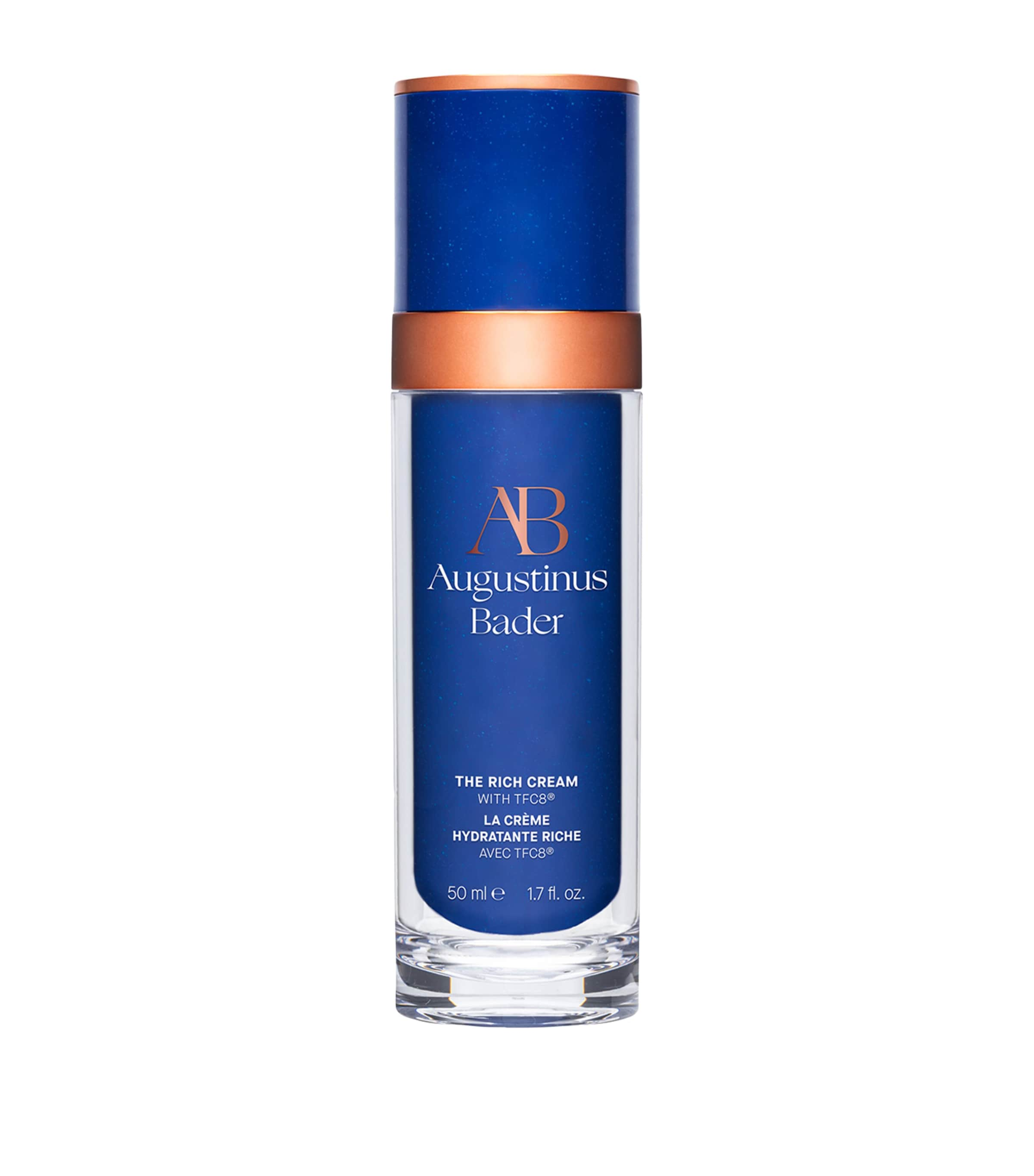
RRP: £150
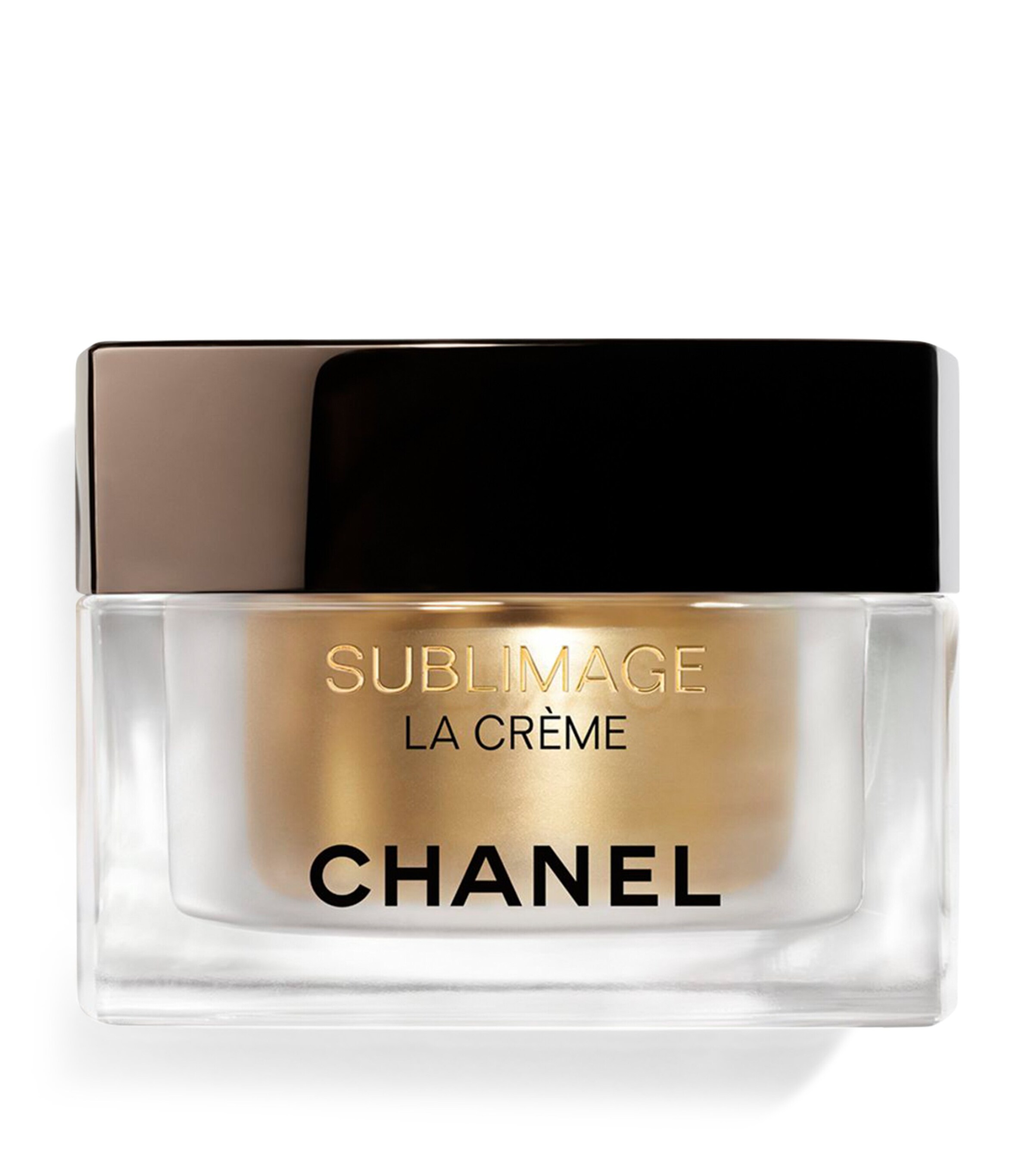
RRP: £380
What makes a good moisturiser?
As we have already established, a good basic moisturiser will seal hydration into your skin and stop it from escaping. Ingredients that are really good at this include “humectants like glycerin and hyaluronic acid, ceramides to maintain a healthy skin barrier and oils such as squalane,” advises Hirons.
“Don’t be scared of oils, even if you have any oily skin type. A well-formulated moisturiser won’t clog your pores.” If that’s something you’re particularly worried about, look out for the words “non comedogenic” on the pack – it’s a scientific way of saying non-pore clogging.
Beyond this, any other ingredients are nice-to-haves rather than essentials. If you want to “firm and support your skin’s collagen”, Dr Jafaar recommends peptides, and if you want to restore brightness, antioxidants will shield skin from dulling damage from pollution.
Sun protection is also a daily non-negotiable to have in your routine, and using a moisturiser with SPF is a good way to streamline your routine.
How to find the best moisturiser for your skin type
Whatever your budget, choose a moisturiser that suits your skin type and that you enjoy using. “The best moisturiser for your skin type is one that leaves your skin balanced and comfortable, with a texture that you like,” advises Hirons.
“Generally, those on the drier side usually enjoy richer creams, while oily skin types lean towards gel-creams, and those who sit somewhere in the middle often choose a classic cream texture. However, preferences can change depending on the season, so assess how your skin is feeling and go from there.”
If you have easily irritated skin, look for the best moisturisers for sensitive skin. Dr Jafaar suggests “choosing fragrance-free, non-irritating formulas and always patch test on a small area first.”
Jess Beech is an experienced fashion and beauty editor, with more than eight years experience in the publishing industry. She has written for woman&home, GoodtoKnow, Now, Woman, Woman’s Weekly, Woman’s Own and Chat, and is a former Deputy Fashion & Beauty Editor at Future PLC. A beauty obsessive, Jess has tried everything from cryotherapy to chemical peels (minus the Samantha in Sex and The City-worthy redness) and interviewed experts including Jo Malone and Trinny Woodall.
You must confirm your public display name before commenting
Please logout and then login again, you will then be prompted to enter your display name.
